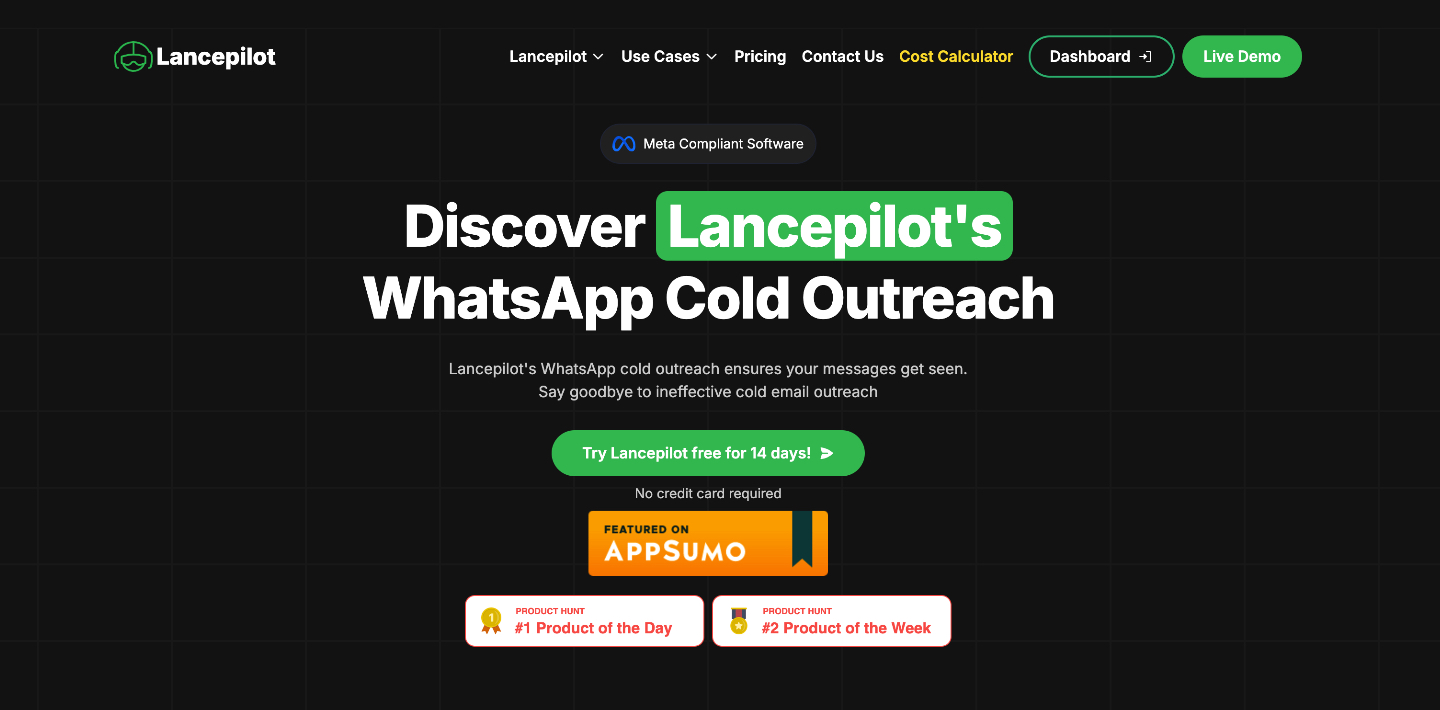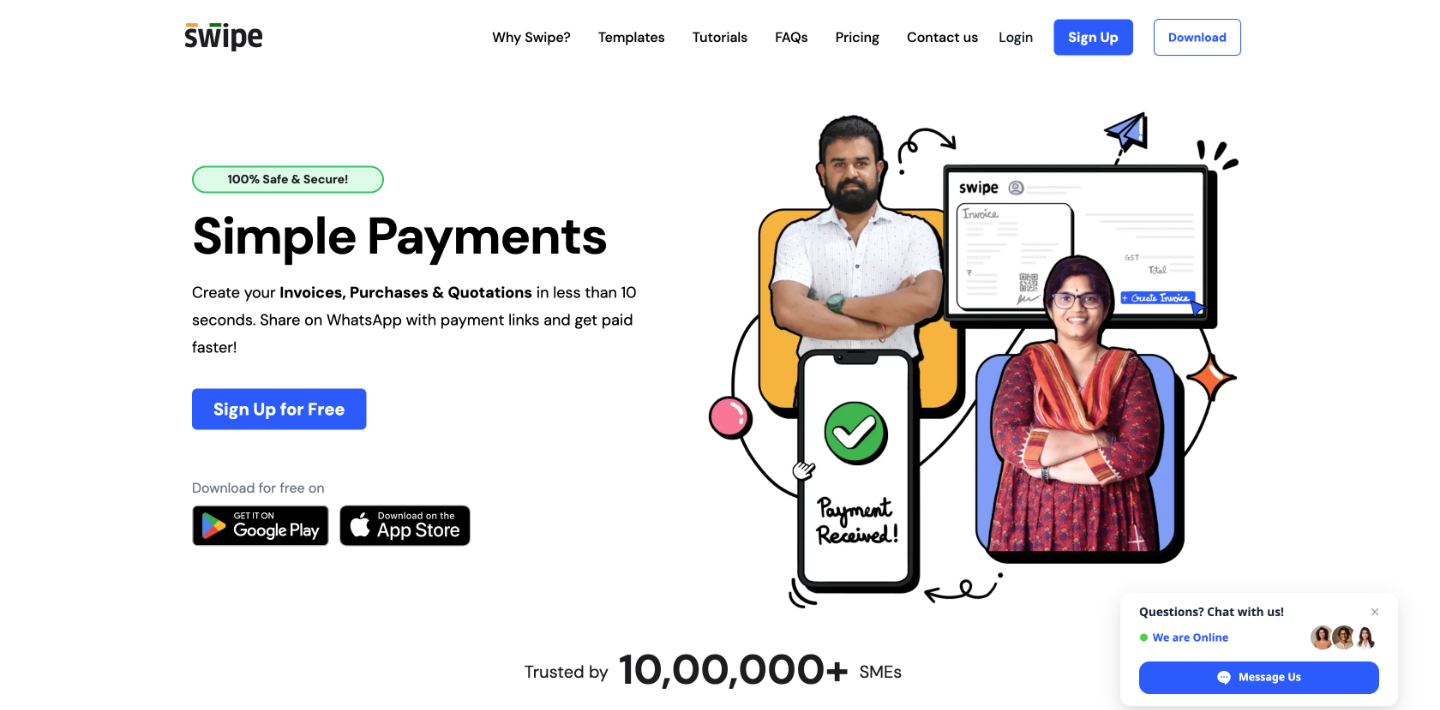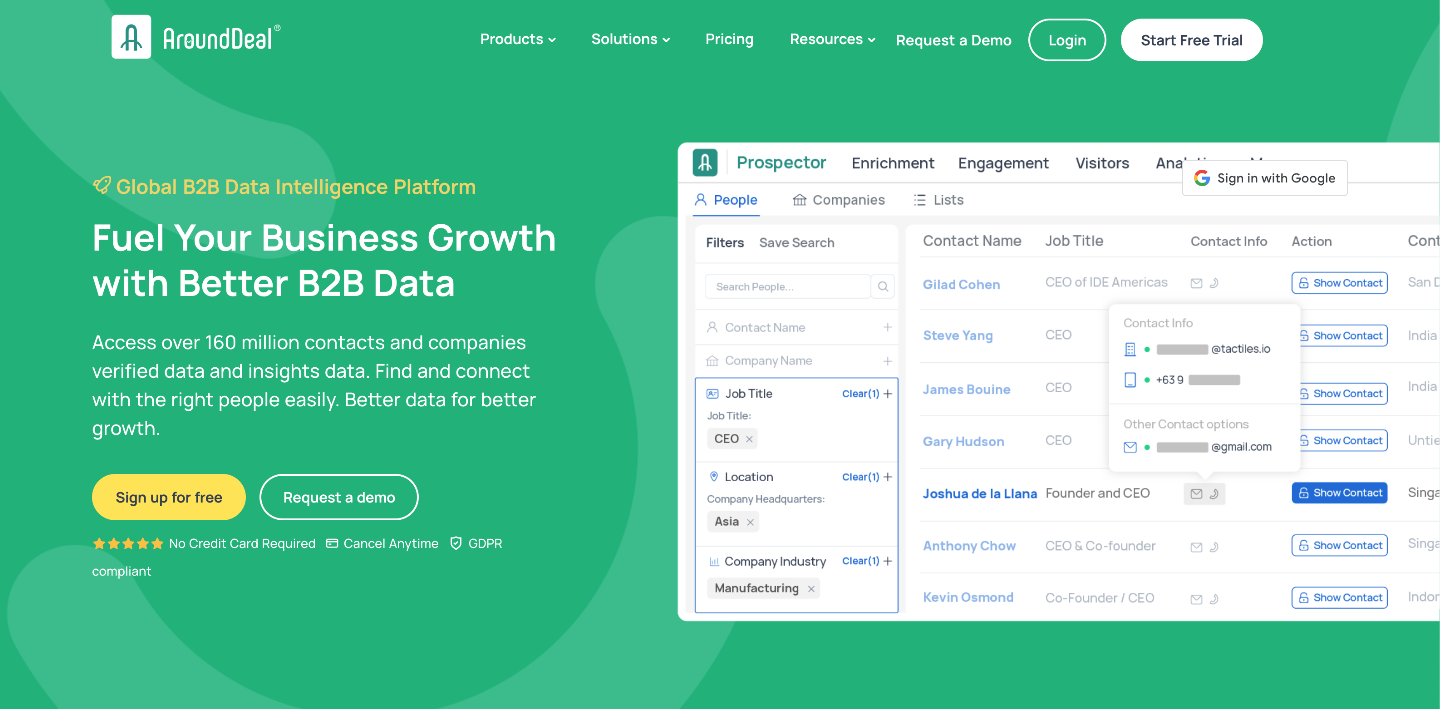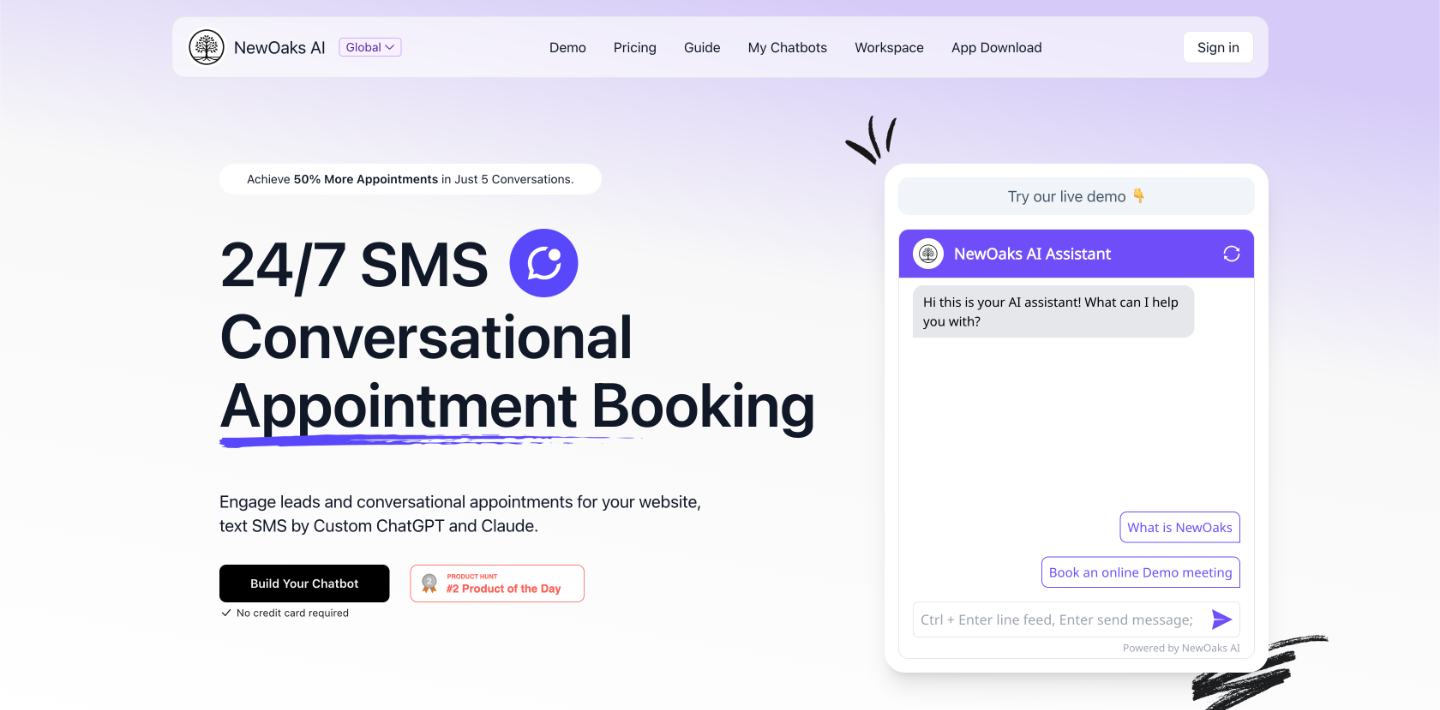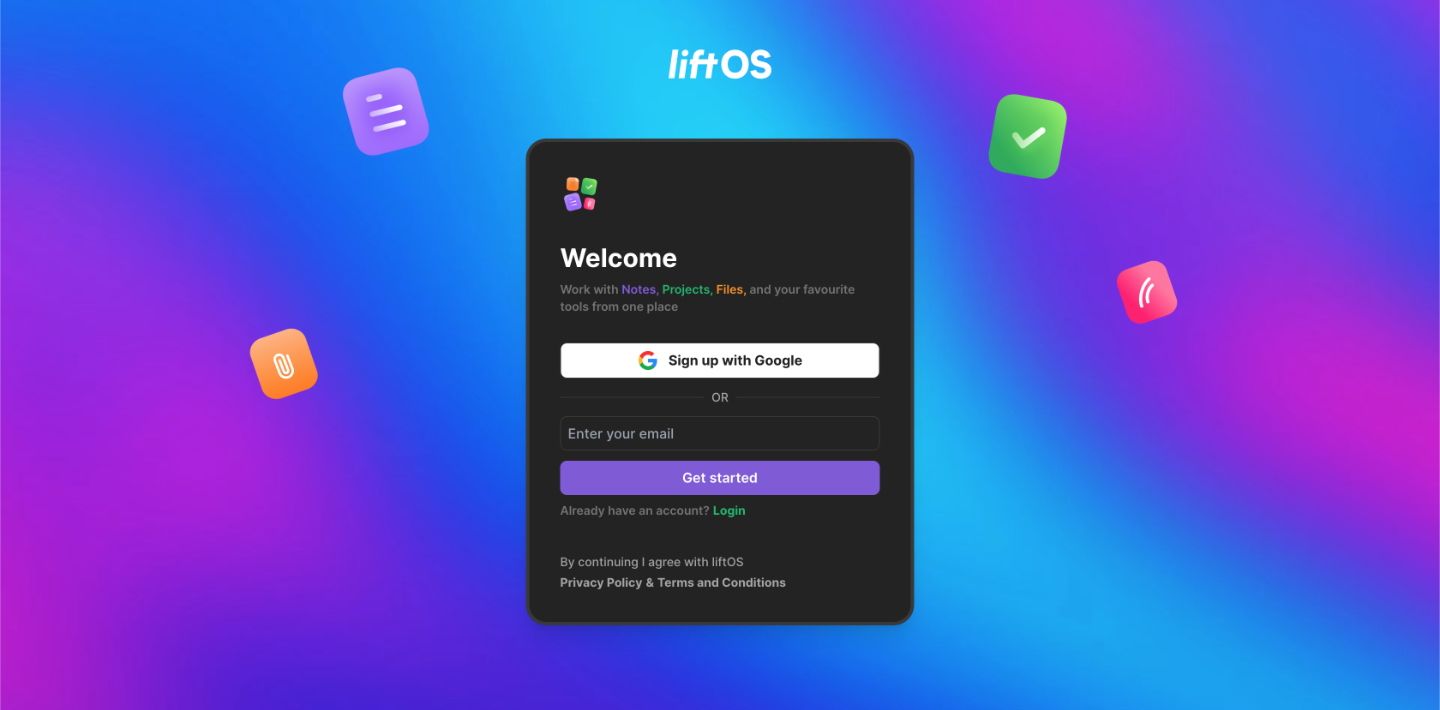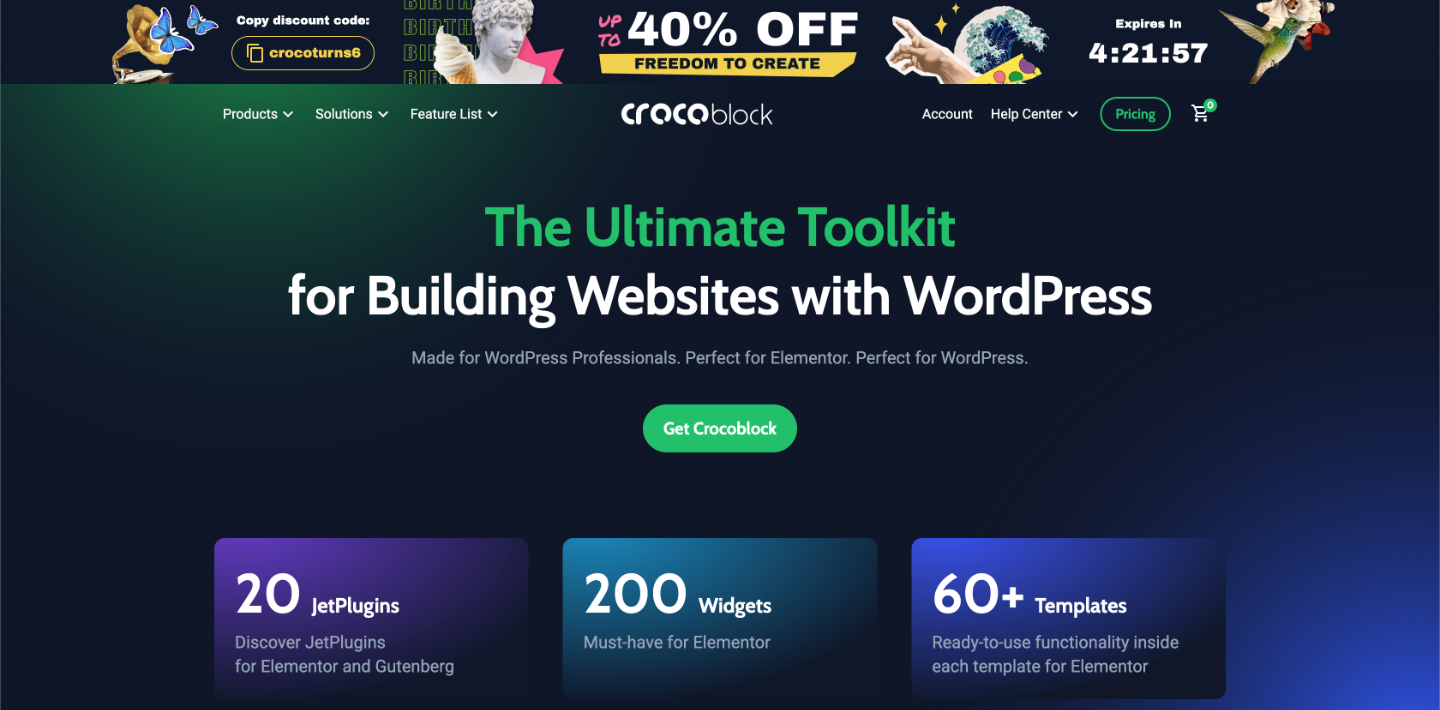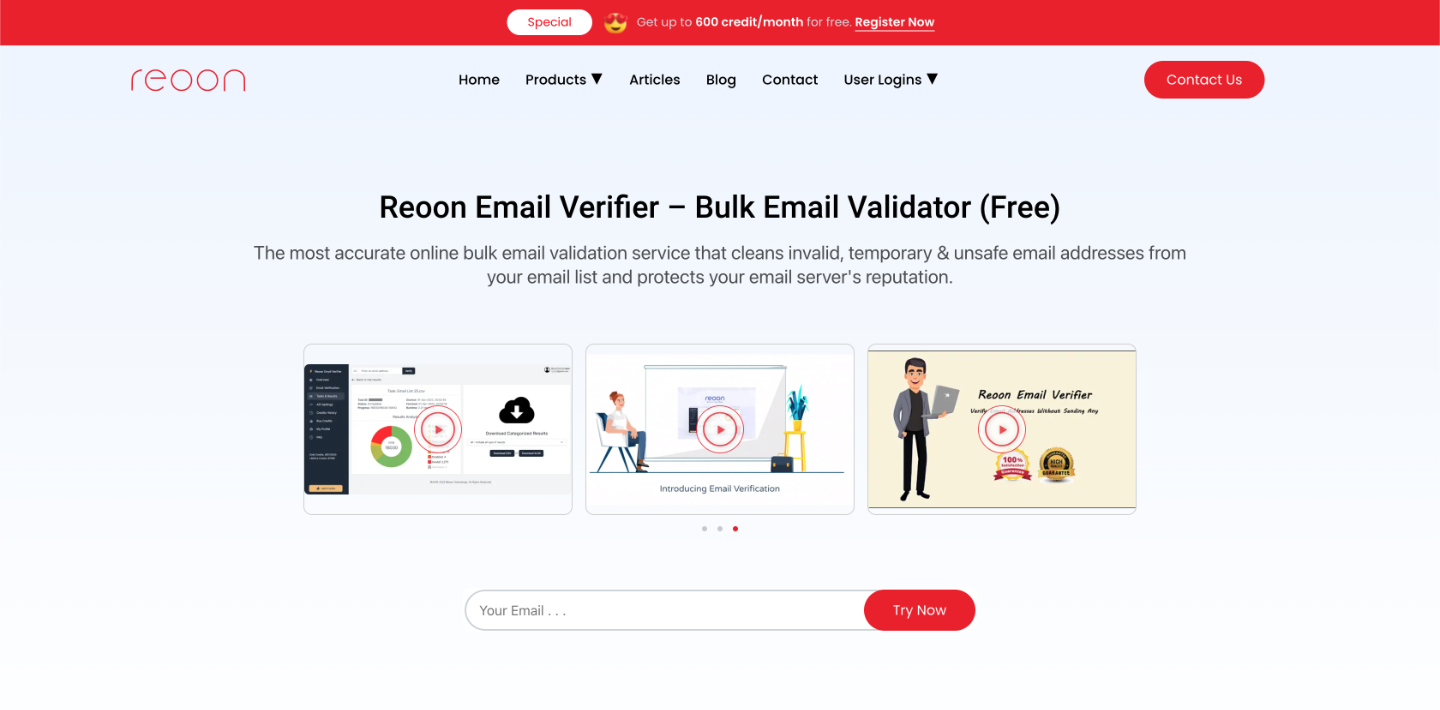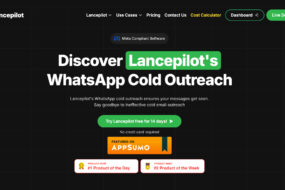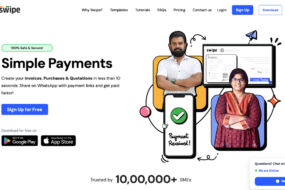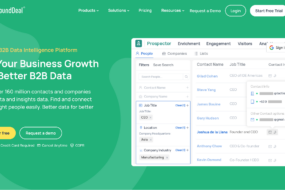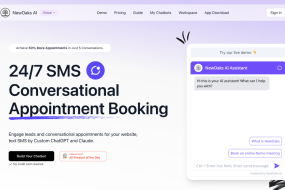As a musician, the Internet is going to be your best friend. The Internet is, after all, what has leveled the playing field for musicians. The days of needing a label and a massive marketing team are completely over. Today musicians in all fields are creating and marketing their own music—and earning a pretty solid living at it!
There are hundreds of different blog posts out there that will teach you how to properly market your own music (check out that first link) of that will help you learn how to produce your own concerts and music-related events. In this article, we’re going to talk to you about the technical side of things—the tools that you have at your disposal for getting your music from your hard drive to people’s ears. After all, if people don’t have a way to listen to it, how are you ever going to make a name for yourself or earn any money?
The Simplest and Hardest Route
The simplest and hardest route for selling your own music is to sell it directly through your own website. All you really need are a couple of scripts: a shopping cart script and a script that will send your music out automatically to anyone who orders it. Selling your music this way means that you won’t have to pay commissions to the other sales portals, so you’ll absolutely earn more money per sale here. The problem is that you’ll have to spend all day, every day, marketing your music so that people know you exist. You won’t get idle eyes and curious minds on your stuff. You’ll have to do six times as much work to get the same sales you would through any other portal we’re about to talk about.
iTunes, Amazon, BandCamp
These are the big three in terms of selling music and earning money. It’s true that each of these three sales portals takes a chunk of your sale (BandCamp’s is the smallest—and is the indie music fan’s favorite sales portal). It is also true that these companies track their buyers’ activity while in their systems and use that data to recommend related artists and other music that the shopper might enjoy. You’ll make quite a few sales simply because someone bought a band that is similar to yours.
These sites also offer a social aspect—BandCamp has a social side that works sort of like Facebook. It allows you to follow other users of the site and to check out the bands they’ve spent money on in the past.
Spotify, Pandora, Rhapsody
You aren’t going to make a whole lot of money off of subscription sites like Spotify, Pandora or Rhapsody. You’ll earn a few cents per play at best. Even so, offering your music through these systems is great for your career because it helps expose your music to people who might not have otherwise known about it. Your songs will be shuffled through “radio” stations and playlists alongside top-40 and related genre artists which helps you with exposure. When people “stumble” across your music and like it, they’ll seek out your albums and buy them directly. The royalties might be small but the album sales help even that out.
Selling your music’s license to others for money
Direct sales are just part of how a musician earns money independently online. Any musician—signed or independent—will tell you that the best money comes from selling the licensing of your music to other artists who want use it for something. You can do this independently, of course, but if you really want your music to have reach, selling it through a sync licensing service. TuneCore sync licensing is an increasingly popular of these systems due to their success getting a lot of artists some great soundtrack and anthology placements.
For many independent artists, it is sync licensing that earns them the money they need to stay independent and to make music full time.
A Way to Get Paid
In addition to making your music available through as many portals as possible, it is also important that you have a literal way for people to pay you for your music. For many musicians, the literal payment process is as diversified as the avenues through which they sell their music.
By now everybody knows about PayPal—and, to be sure, most of the online sales portals will require you to have a PayPal account to accept payments from them—especially if you’re wary about sharing your banking information. Beyond that, though, you’ll also want to have an account with Square or one of the other mobile payment merchants. This way you can accept web based and credit card payments in person instead of being forced to send people to your website to buy your music online.
Other Types of Revenue
You’ve heard it before: the music itself is only a portion of the income that musicians earn. A huge chunk of that income comes from touring and ticket sales and other types of merchandise like T-shirts, tote bags, posters, etc. Spend some time figuring out how to “merchandise” your music so that you can earn money through as many portals as possible. At the very least, you should be selling shirts via Zazzle, CafePress or RedBubble.
The great thing about merchandising is that there are so many different approaches you can take. You can put your band’s logo on just about anything and if people love your band, they will likely buy your coffee mugs as well as your CDs. Get creative!
Remember: earning money online, whether as a musician or through some other form of retail, means diversifying your income as much as possible. Use these tips to help you make sure that you’ve got all of your bases covered.

